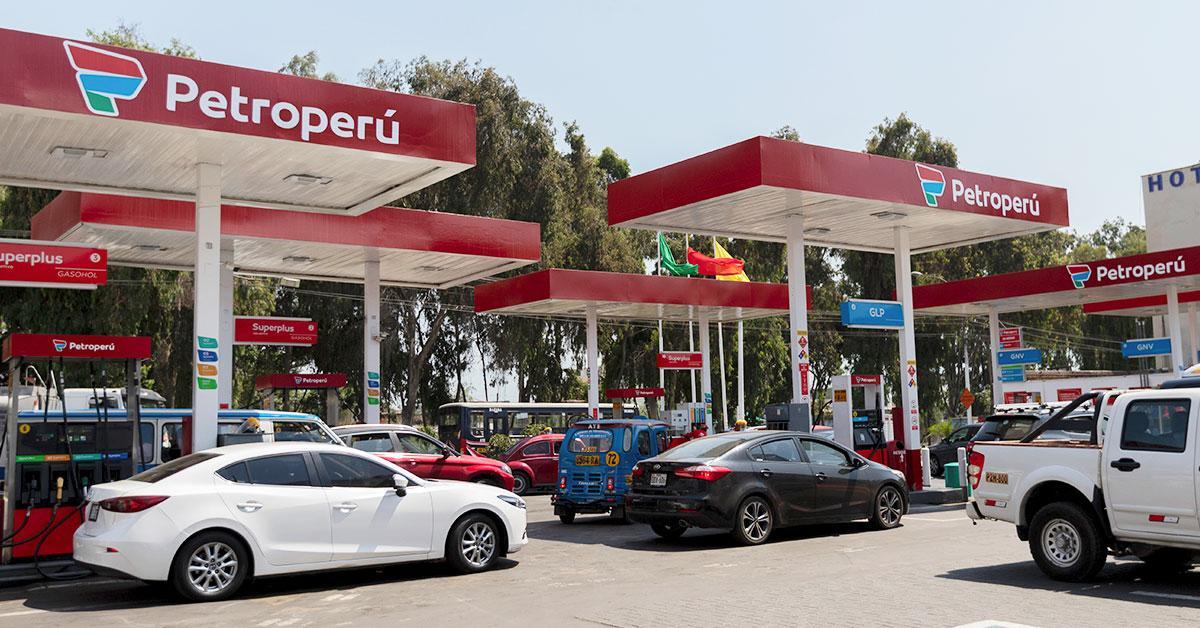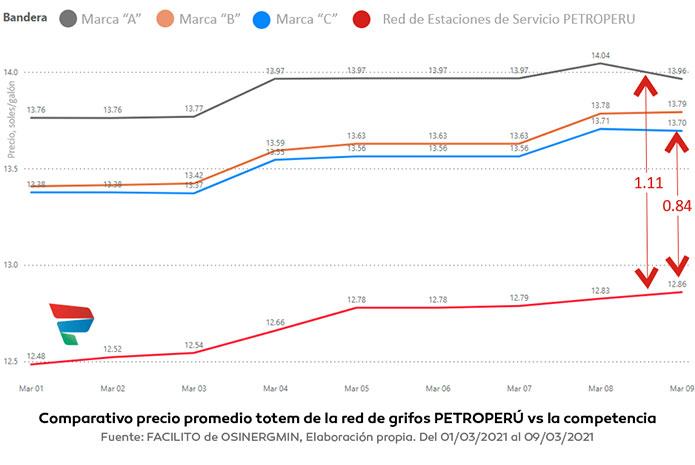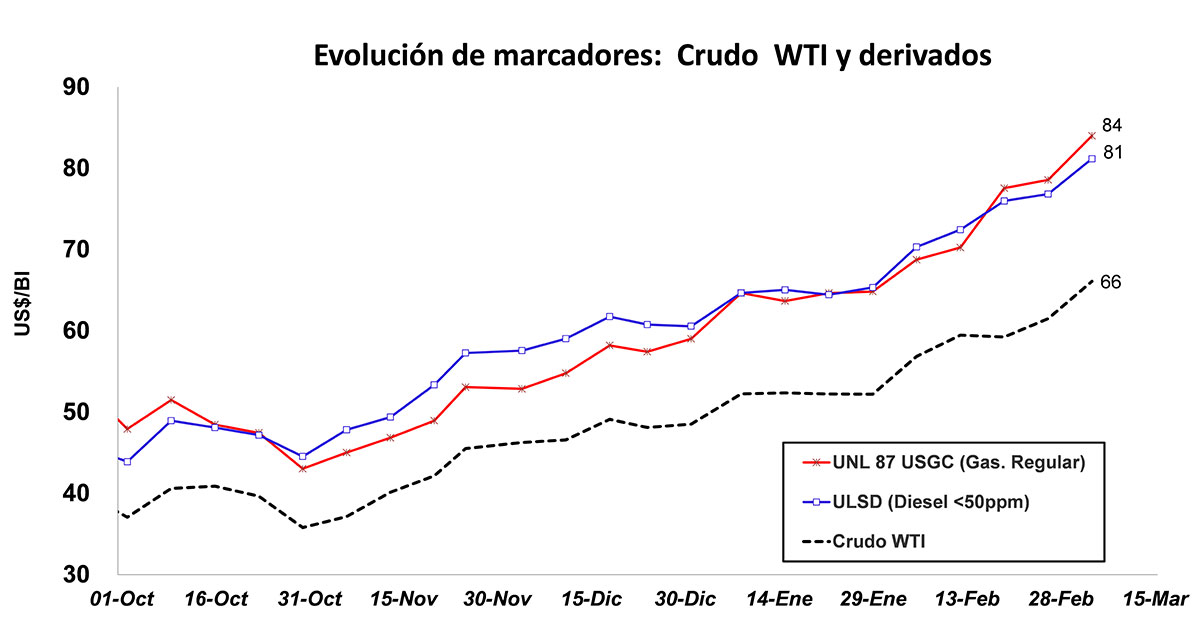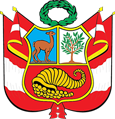PETROPERÚ offers the most competitive prices for diesel and fuels

In a context of rising oil prices in the world, PETROPERÚ has been adjusting costs and generating efficiency in the acquisition of raw materials, thanks to which diesel and fuel prices are being reduced in its network of service stations . So much so that, in recent weeks, the list prices of the state-owned company have been below the import parity price (calculated with the PETROPERÚ methodology).
Therefore, the prices at PETROPERÚ's service stations (taps), on average, are the most competitive in the market:

In addition, PETROPERÚ has developed a new product aimed at the transport and vehicle fleets sector, called PETROPERÚ Fleet, with even better prices and benefits. To learn about or access this product, customers can call the customer service line: 980 130 218 or 0800-77-155. They can also write to the following emails: mmori@petroperu.com.pe o servicliente@petroperu.com.pe
How are prices set in the market?
According to Peruvian legislation, the prices of gasoline, diesel and residual are determined under free market conditions -that is, by supply and demand- taking as a reference the prices on the Gulf Coast (WTI), in the United States. United. Its value is set according to its opportunity cost, that is, that of those values placed in Callao, plus the costs of transportation and customs expenses for importation into the country. As can be seen in the graph above, there are several wholesale companies that compete in the fuel market, so it cannot be said that prices are determined by a single company.
In addition, it should be noted that the components of the diesel, gasoline and LPG retail prices include the legal taxes and the margins of the distribution chain. In the case of diesel and gasoline, at the Callao Plant, the sale prices to the final consumer are composed as follows: a) 50% is made up of the Ex-Plant Price (that is, the wholesaler's price, as is the case de PETROPERÚ), b) taxes, which comprise 25% and c) the other 25% is associated with the margin of Service Stations.
Why have the prices gone up?
The increases in fuel prices in the domestic market are explained by a sustained increase in international prices since November last year. The economic recovery of industrialized countries, lower oil production by OPEC + and the application of the coronavirus vaccine worldwide, continue to drive the prices of oil and its derivatives. The price of WTI oil, the reference crude for the United States, registered its highest value since October 2018: 66 US $/barrel in the first week of March this year.
The prices of petroleum products in the relevant market have followed the upward trend in the price of petroleum. Regular gasoline in the United States closed at US $ 84 / barrel and diesel traded at US $ 81 / barrel. In this sense, fuel prices in the local market have had the same dynamics in their increase in recent months, as there is a clear upward trend in the international market; as seen in the following graph.

It should be clarified that PETROPERÚ's participation in the LPG market is very small (15%) and, therefore, it is one more marketer of the main national producer. In this sense, the price of LPG from the state oil company was slightly increased by 0.01 Soles/kg due to the effects of the exchange rate that is historically at its highest level. The price of PETROPERÚ is 2.25 Soles/kg (without considering taxes).
For the next few weeks, it is likely that price increases will continue to be observed in the international market, which would continue to affect the rise in local fuel prices.

